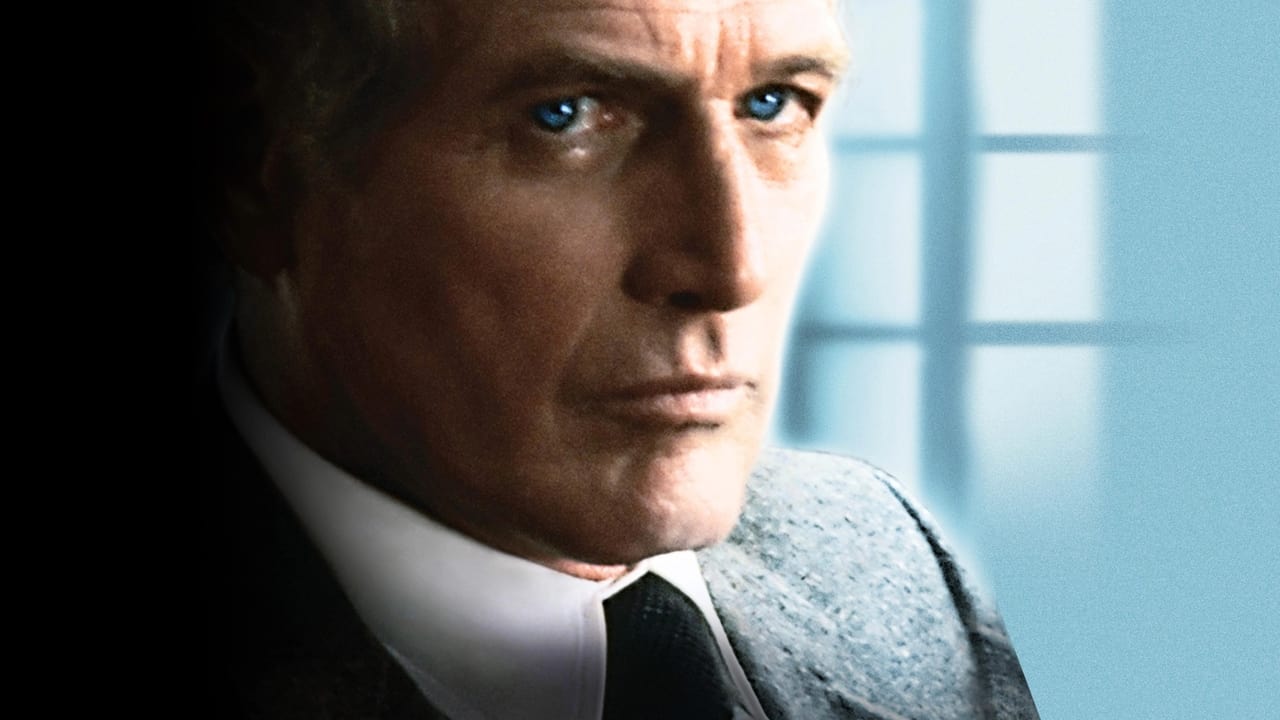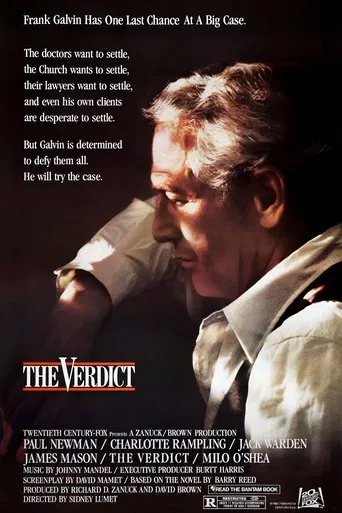

A patient character study mixed with a smart courtroom drama. Taut, smart, steady, quiet, palpable and powerful, with performances that are perfect and natural from top to bottom.
... View MoreAfter giving poor reviews for some of the recent hollywood movies (Annihilation, Black Panther), this is a movie with real characters who change over time, and an interesting story with excellent plot twists.And kudos to the director. The two most pivotal scenes in this movie have no dialog, no words at all. It's all done with eyes and body language. Remarkable.
... View More"The Verdict" has to be called one of the finest courtroom-law dramas of all time, certainly a movie which deserves more recognition than it actually received over the course of the years since its publication. While the plot itself remains rather grounded and straight-forward without any particularly groundbreaking elements, Paul Newman's masterful performance as well as the great supporting actors and actresses are what helps this drama in succeeding at depicting what it aims to depict.Newman plays an attorney who needs to pull himself together from his drinking problem in order to win a lawsuit surrounding the case of a woman suffering severe brain damage at a hospital. It should come as no surprise that Newman completely immerses himself in the role in a way only Paul Newman can be expected to. The dialogues are another main part of the movie's most intriguing aspects, flowing so well together that it's almost impossible to lose attention of what's happening. At its heart, the movie is not just a courtroom drama, it's about humans dealing with their personal conditions and problems, and it's a movie which knows how to form a bond with viewers and keep them connected to the characters.Sadly, the movie has not reached a status as a classic of the 1980's. Perhaps it simply was not memorable enough to most viewers, or perhaps it is too fine a movie in a decade remembered mostly for action movies, horror flicks or comedies. However, if you love watching a great performance in a great movie, then "The Verdict" cannot be recommended highly enough.
... View MoreI first watched this movie in a government class, either in high school or college. While it wasn't a truly exciting or action-packed film from what I remember, but it was an educational one. It stars Paul Newman as an attorney who (according to IMDb plot online) sees the opportunity to salvage his career and self-respect by taking a medical malpractice case to trial rather than settling.This film carefully delves upon the aftermath of Newman's attorney character and the drama that ensues, from him taking on the legal system and how he will try to come out victorious in his case.The acting was pretty good and all the courtroom drama was pretty intense. Not a bad movie.Grade B-
... View More